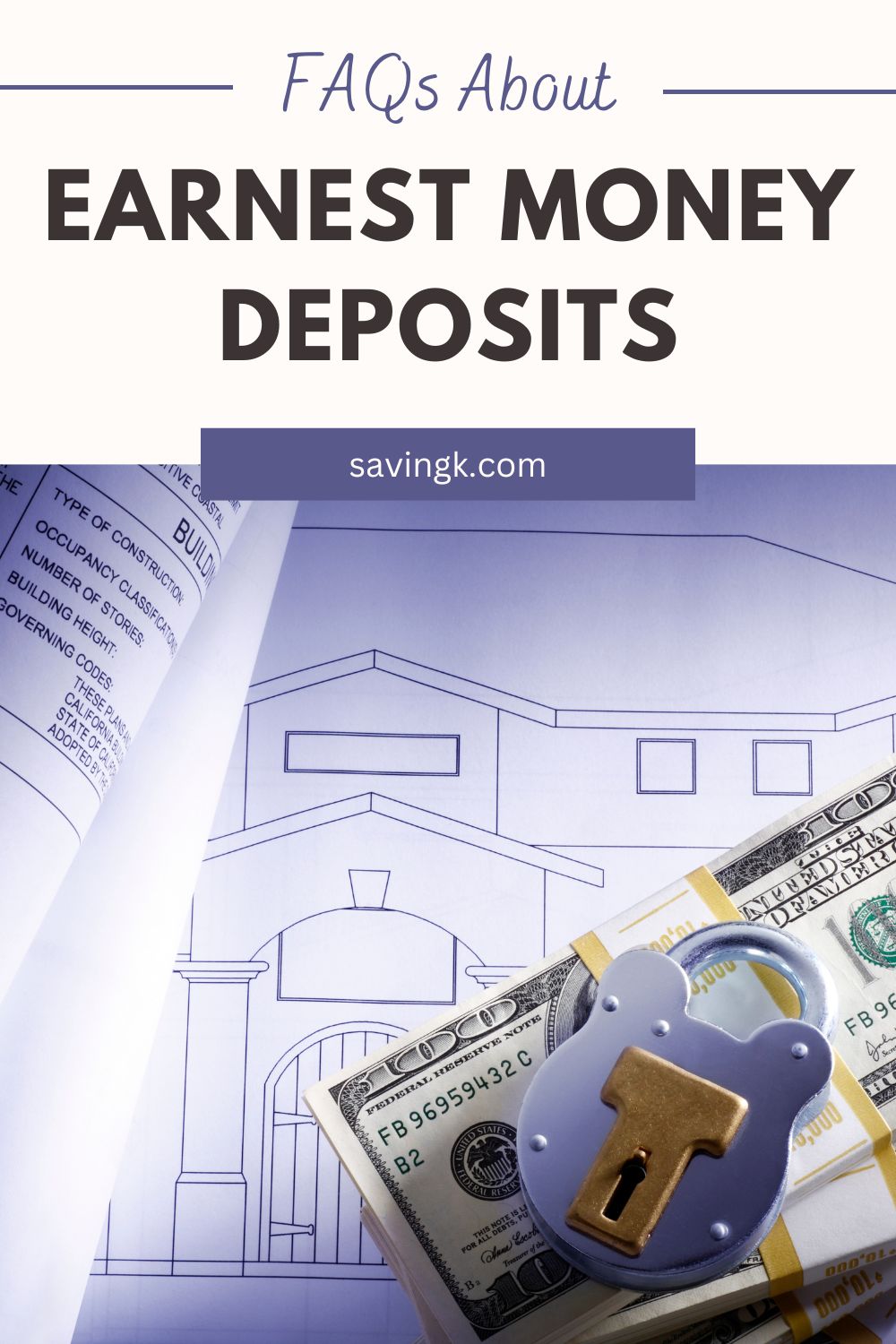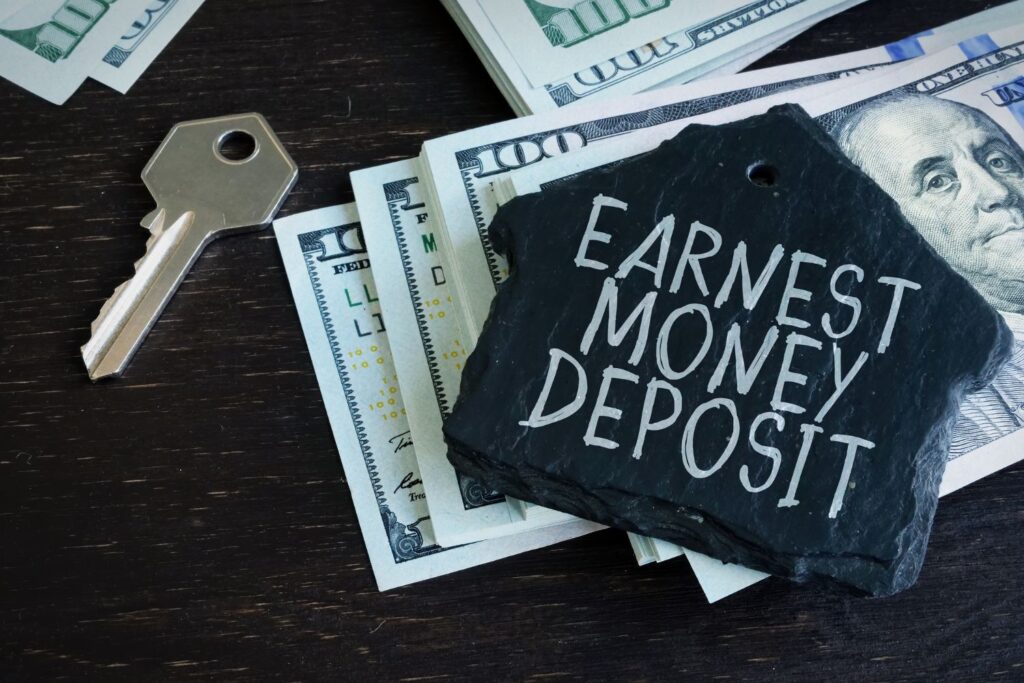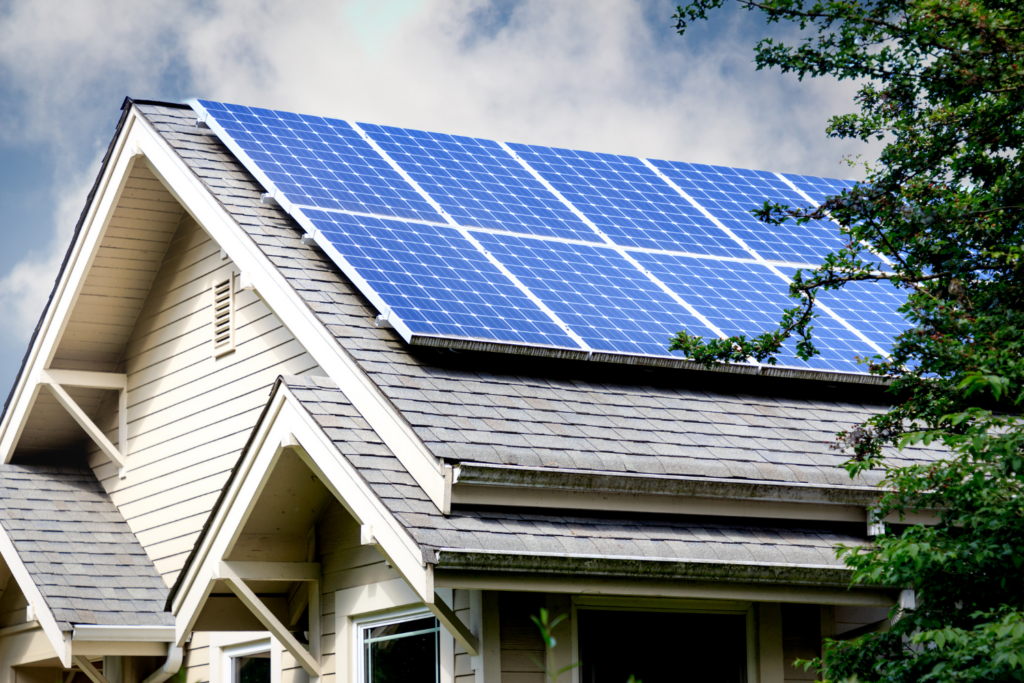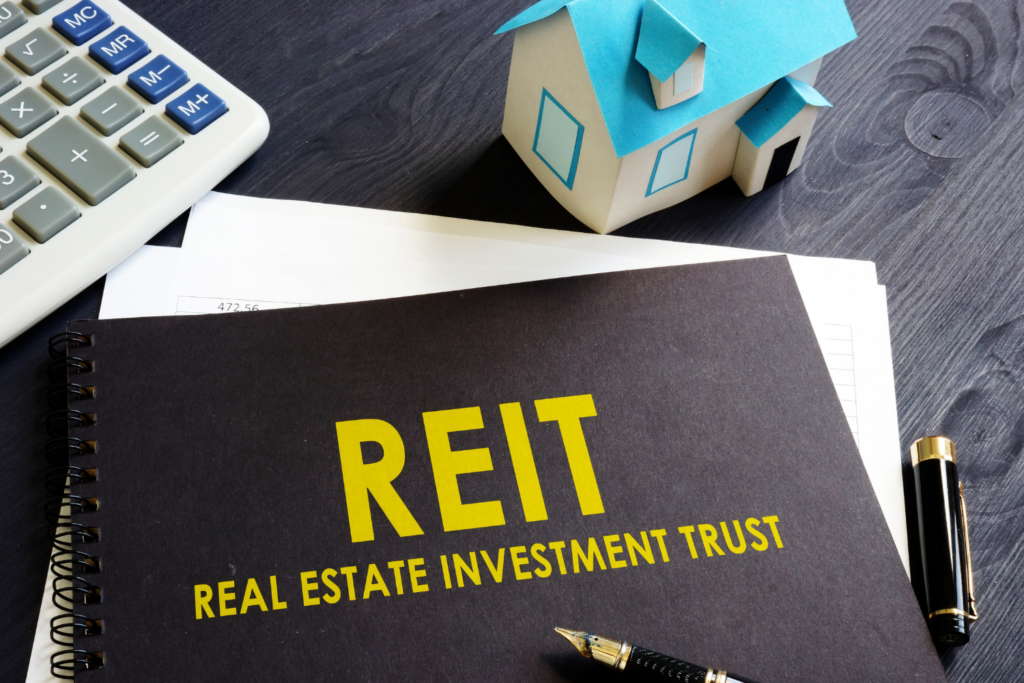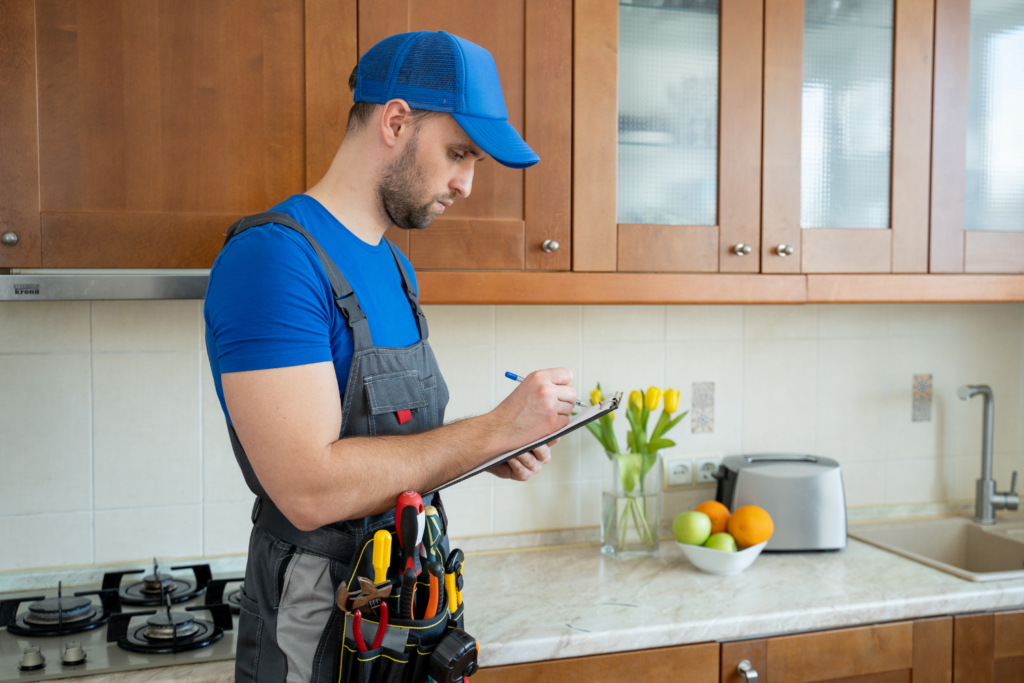
If you’re in the process of buying a home, you may have come across the term “earnest money deposit.” What is an earnest money deposit, and how does it work? Here’s what you need to know.
Contents
- What is earnest money?
- What is earnest money used for?
- How does an earnest deposit work?
- How much do you put down as earnest money?
- Why is an earnest money deposit important?
- What happens to the earnest money deposit?
- When can the earnest money be refunded to you?
- What happens if the seller backs out?
- Can the earnest money go towards the down payment?
- Can you lose your earnest money?
- More FAQs
- Conclusion
What is earnest money?
Earnest money is a sum of money that a buyer deposits with a seller as evidence of good faith when making an offer on real property. In some cases, the earnest money may be applied toward the purchase price of the property at closing. The amount can range from $500 to $10,000 or more, depending on local market conditions.
What is earnest money used for?
When you’re ready to buy a home, you’ll likely need to put down what’s called earnest money to show the buyer that you are interested in buying their property.
Once the buyer has accepted the offer on a home, the earnest money is deposited into an escrow account. The funds are then held until closing, at which point they are applied to your down payment or used to pay other closing costs. In some cases, the earnest money may even be applied towards the purchase price itself.
In addition to demonstrating your seriousness about buying a home, earnest money can also give you some negotiating power. For instance, if there are multiple offers on a home and yours includes earnest money, the seller may be more likely to accept your offer.
If for some reason the deal falls through after you’ve deposited your earnest money, you’ll usually be able to get it back. However, there are some circumstances in which you might forfeit your deposit. For example, if you back out of the deal without a valid reason or if you fail to meet the contingencies laid out in your contract, you could lose your earnest money.
Earnest money is just one part of the home-buying process, but it’s an important one. By understanding how it works and what it’s used for, you can help ensure a smooth and successful transaction.
How does an earnest deposit work?
Once you have an accepted offer on a home, you’ll need to write a check for the earnest money deposit and deliver it to escrow. The escrow company will then hold onto the deposit until closing, at which point it will be applied to your down payment. If for some reason the deal falls through, such as if you don’t get approved for a mortgage, you’ll usually be able to get your earnest money deposit back.
How much do you put down as earnest money?
When you make an offer on a home, your offer will usually include earnest money. This is a deposit that shows the seller that you are serious about buying the home and that you have the financial resources to do so. Typically, earnest money is equal to 1-3% of the purchase price of the home. For example, if you are buying a home for $200,000, your earnest money deposit would be $2,000-6,000. There are a few situations where you might be asked to put down more or less earnest money. For example, if you are buying a home in a hot real estate market, the seller may require a higher earnest money deposit in order to secure your offer. Similarly, if you are obtaining financing for the purchase, the lender may require a lower earnest money deposit. In any case, it is important to be aware of how much earnest money you will need to put down in order to make an offer on a home.
Why is an earnest money deposit important?
An earnest money deposit is important because it shows the seller that you’re serious about buying the home. It also gives you some skin in the game and shows that you’re committed to going through with the purchase. The amount of the deposit is generally 3-5% of the purchase price of the home, but can be more or less depending on the situation.
What happens to the earnest money deposit?
The funds from the earnest money deposit are usually held in escrow by a third party such as a title company or real estate attorney until closing. At closing, the funds are applied towards your down payment and closing costs.
If for some reason the deal falls through—say, you can’t get approval for a mortgage—the earnest money deposit is usually returned to you. However, there are some situations in which you may forfeit your deposit. For example, if you back out of the deal without a valid reason (such as not being able to secure financing), you could lose your earnest money deposit.
It’s important to note that an earnest money deposit is not the same as a down payment. A down payment is paid at closing and is typically 20% of the purchase price of the home. The earnest money deposit, on the other hand, shows that you’re serious about buying a home and is typically paid when your offer is accepted by the seller.
When can the earnest money be refunded to you?
When you make an offer on a home, the sellers will usually ask for a deposit of earnest money. This deposit is typically 1-2% of the purchase price and is held in escrow until the closing. If the deal falls through, the earnest money is refunded to the buyer. There are a few different reasons why a deal may fall through, but the most common are: the buyer is unable to obtain financing, the home does not appraise for the agreed-upon price, or the buyer has a change of heart. If any of these things happen, the buyer will usually be able to get their earnest money back. Therefore, it is important to be sure that you are ready to commit to a purchase before putting down an earnest money deposit.
What happens if the seller backs out?
Much like any other big purchase, buying a house is a huge undertaking that requires a lot of planning and consideration. Once you’ve found the perfect home and negotiate a fair price with the seller, the next step is to put down an earnest money deposit. This deposit is typically around 1-2% of the home’s purchase price and is meant to show that you’re serious about buying the property. In most cases, the earnest money deposit is fully refundable if something goes wrong with the sale. However, there are some situations where the seller may keep part or all of your deposit. For example, if you back out of the sale without a valid reason, the seller may be able to keep your earnest money as compensation for their time and effort. Additionally, if the sale falls through because you’re unable to secure financing, the seller may also be able to keep your deposit. As such, it’s important to be absolutely certain that you’re ready to buy before putting down an earnest money deposit. Otherwise, you could wind up losing out on a significant amount of money.
Can the earnest money go towards the down payment?
When you purchase a house, there are a number of costs that you will need to consider. In addition to the purchase price, you will also need to factor in the cost of inspections, repairs, and closing costs. One cost that is often overlooked is the earnest money deposit. Earnest money is a deposit that buyers typically make when they enter into a contract to purchase a property. The deposit is typically 1-2% of the purchase price, and it is used to show the seller that the buyer is serious about purchasing the property. While the earnest money deposit can be used as part of your down payment on the house purchase price, it is important to understand that it is not always refundable. If you decide to back out of the contract for any reason, you may forfeit your earnest money deposit. Therefore, it is important to be certain that you are ready to purchase a property before making an earnest money deposit.
Can you lose your earnest money?
There are a number of things that can occur to delay or stop the home buying process, costing you your earnest money deposit. One common issue is a problem with the property itself. For example, if the home inspection reveals significant damage that needs to be repaired, the deal could fall through. Another potential obstacle is financing. If you’re unable to get approved for a mortgage or meet the seller’s terms, you could lose your deposit. Finally, the seller could simply back out of the deal for any number of reasons. While it’s unlikely that all of these things will happen, it’s important to be aware of the potential risks before putting down an earnest money deposit.
More FAQs
Here are some more frequently asked questions about escrow money deposits.
Can a seller keep my earnest money?
It depends on the situation. If you back out of the deal without a valid reason, the seller could keep your earnest money deposit. However, if the deal falls through because you weren’t able to get approved for a mortgage, the earnest money deposit will usually be returned to you.
Who gets earnest money if deal falls through?
If the deal falls through and it’s not your fault, the earnest money deposit is returned to you. However, if you back out of the deal without a valid reason, the seller could keep your earnest money deposit.
When do you pay earnest money?
You typically pay earnest money when your offer is accepted by the seller. The earnest money deposit shows that you’re serious about buying the home and is usually 1-3% of the purchase price.
Can earnest money be used as a down payment?
Yes, in most cases, the earnest money deposit can be used as a down payment. However, the amount of the deposit may vary depending on the situation.
How long does earnest money stay in escrow?
The earnest money deposit is usually held in escrow until closing. At closing, the funds are applied towards your down payment and closing costs.
What is the difference between earnest money and a down payment?
The main difference between earnest money and a down payment is that a down payment is paid at closing and is typically 20% of the purchase price of the home. The earnest money deposit, on the other hand, shows that you’re serious about buying a home and is typically paid when your offer is accepted by the seller.
How do I get proof of earnest money?
Your real estate agent or attorney should have a record of the earnest money deposit. You can also ask the title company or escrow agent for a copy of the earnest money deposit receipt.
When should I not pay earnest money?
You should not pay earnest money if you’re not serious about buying the home. Additionally, you should not pay earnest money if you’re not able to get approved for a mortgage.
How long does it take to release earnest money?
It usually takes a few days to release earnest money from escrow. However, the exact time frame will depend on the situation.
Who signs the release of earnest money?
Both the buyer and seller must sign the release of earnest money. Additionally, the title company or escrow agent will also need to sign the release.
Does earnest money draw interest?
In most cases, earnest money is not interest-bearing. However, there may be some exceptions depending on the state in which you’re buying the home.
Conclusion
An earnest money deposit is an important part of buying a home. It shows that you’re serious about purchasing the property and helps to ensure that both parties follow through on their end of the deal. Be sure to work with a reputable real estate agent who can help guide you through this process and answer any questions you may have along the way.
